Search
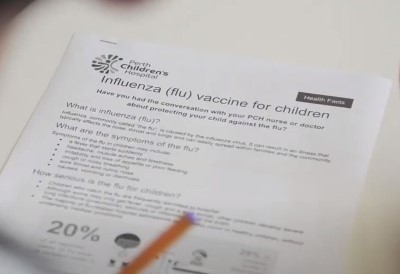
News & Events
RSV and influenza detections hit record low levels in 2020Western Australia has experienced historically low levels of respiratory syncytial virus (RSV) and influenza this winter due to the public health measures implemented to prevent the spread of COVID-19.
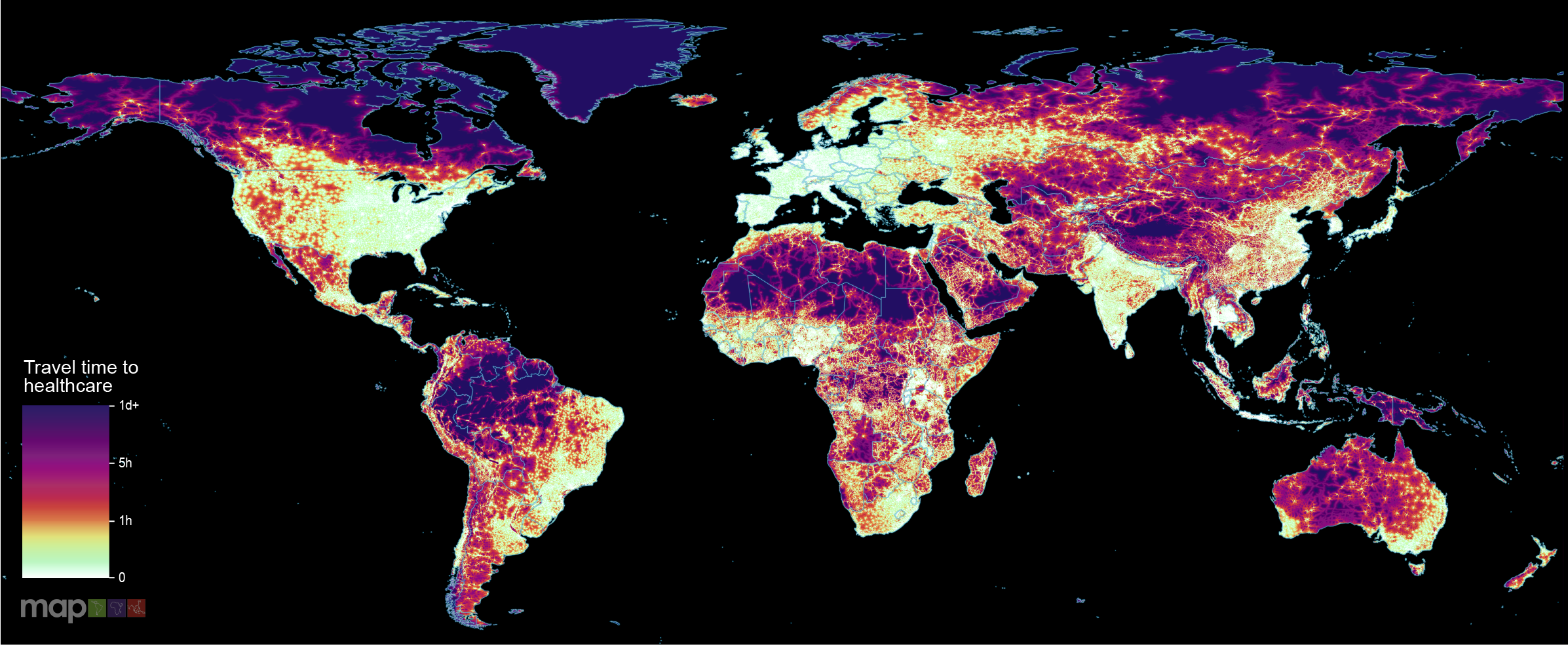
News & Events
World-first maps reveal how long it takes to reach healthcare from anywhere in the globeNew research which maps the entire global population’s travel time to their nearest healthcare facility has revealed major inequalities in access to healthcare depending on whether people have access to motorised transport or not.

News & Events
Congratulations to Professor Helen Milroy – WA’s 2021 Australian of the YearThe Kids Research Institute Australia congratulates Professor Helen Milroy on being named Western Australia’s 2021 Australian of the Year.
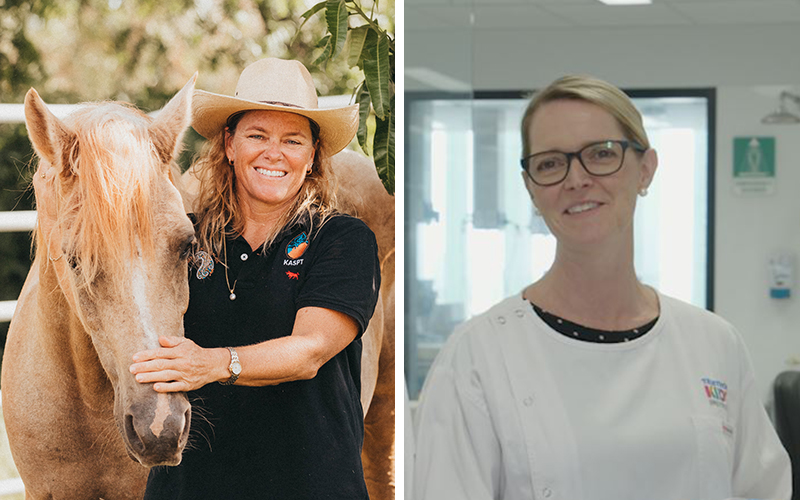
News & Events
New funding to support innovative research projectsTwo The Kids Research Institute Australia research teams have been awarded more than $3.5 million to fund innovative projects.
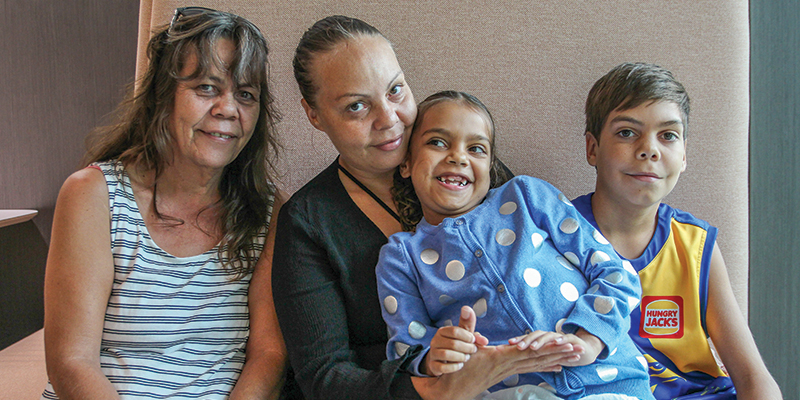
News & Events
Finding answers for Tenaya: from a sore throat to open-heart surgeryWhen Katrina took her daughter Tenaya to the local emergency department for the fourth time, she was determined she wouldn’t be leaving without answers.
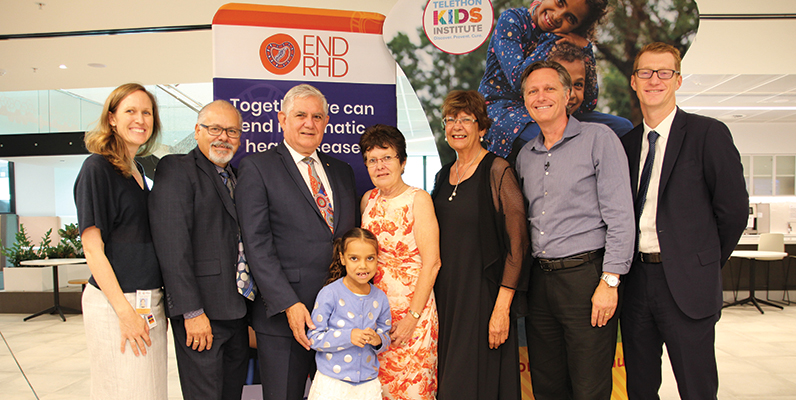
News & Events
Ending deadly heart disease finally within our sightsIt's been a huge year for those working to eliminate rheumatic heart disease (RHD), with breakthroughs including $35M in funding to develop a Strep A vaccine.
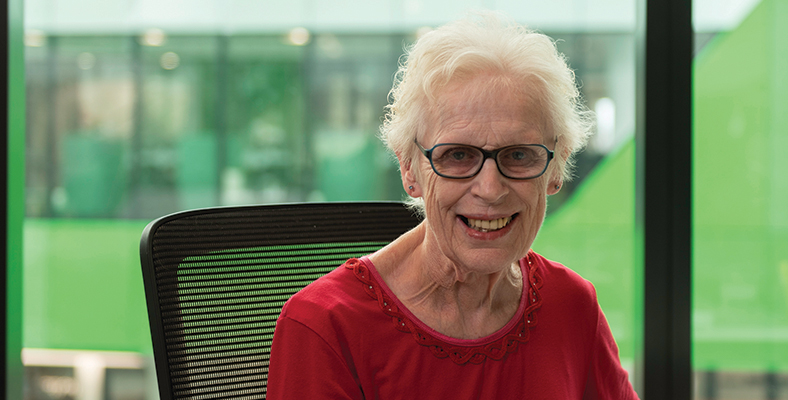
News & Events
WA data crucial to key stillbirth findingA 1970s initiative which saw midwives begin collecting key data about all births in Western Australia has been crucial to new findings about stillbirth.
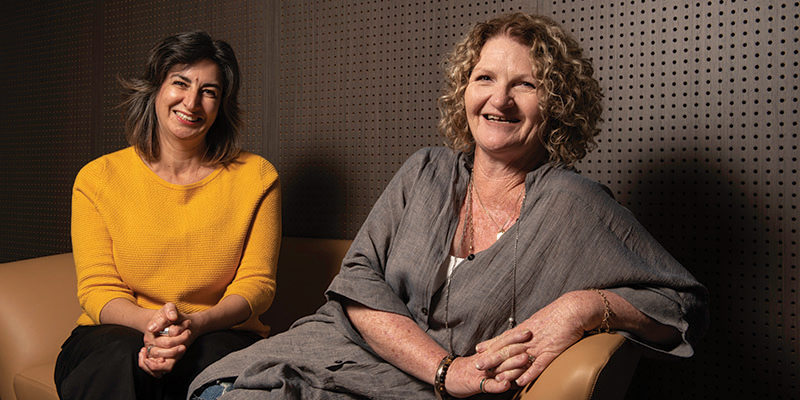
News & Events
Embracing the mental health of our children and young peopleEmbrace – a new research collaboration based at The Kids – will bring a new focus to understanding and improving the mental health of children and young people.
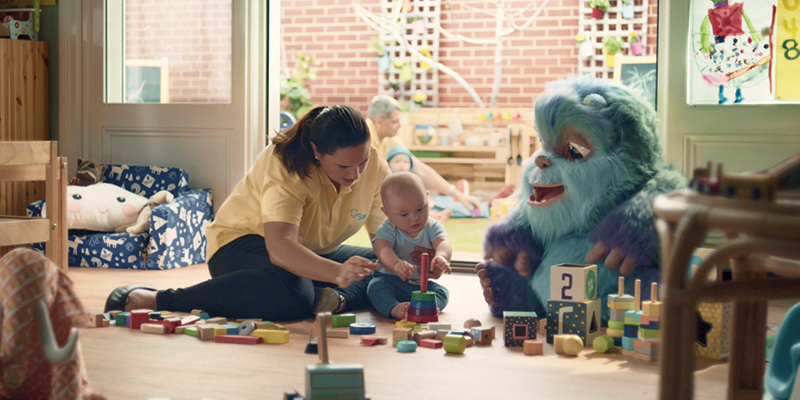
News & Events
Bobbie brings baby’s brain to lifeA lovable blue creature by the name of Bobbie has won the hearts and minds of Western Australians.
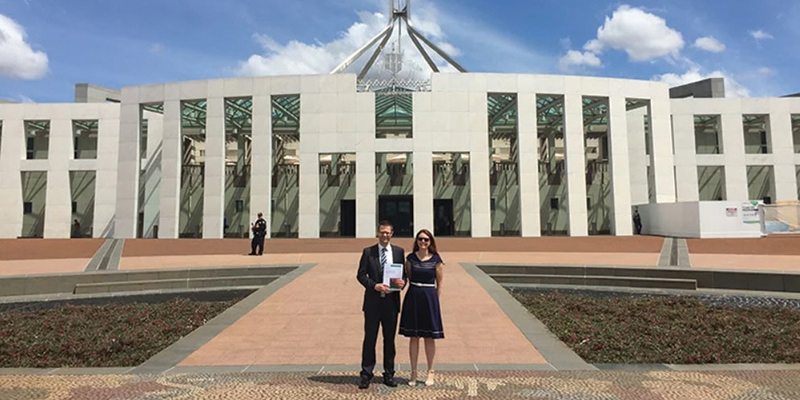
News & Events
National guideline provides uniform approach to autism diagnosisIn October 2018, the Autism CRC released A National Guideline for the Assessment and Diagnosis of Autism Spectrum Disorders in Australia.
